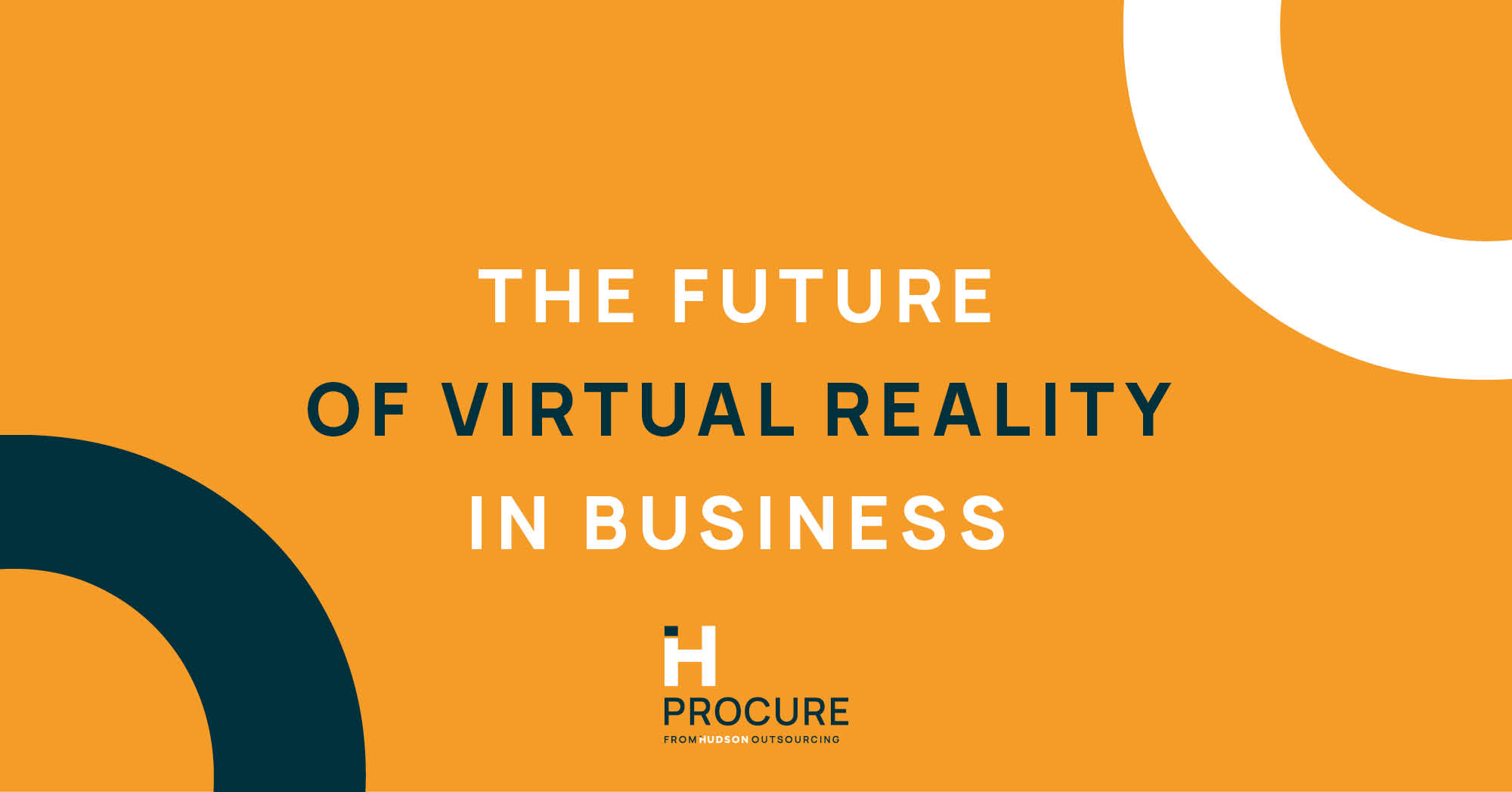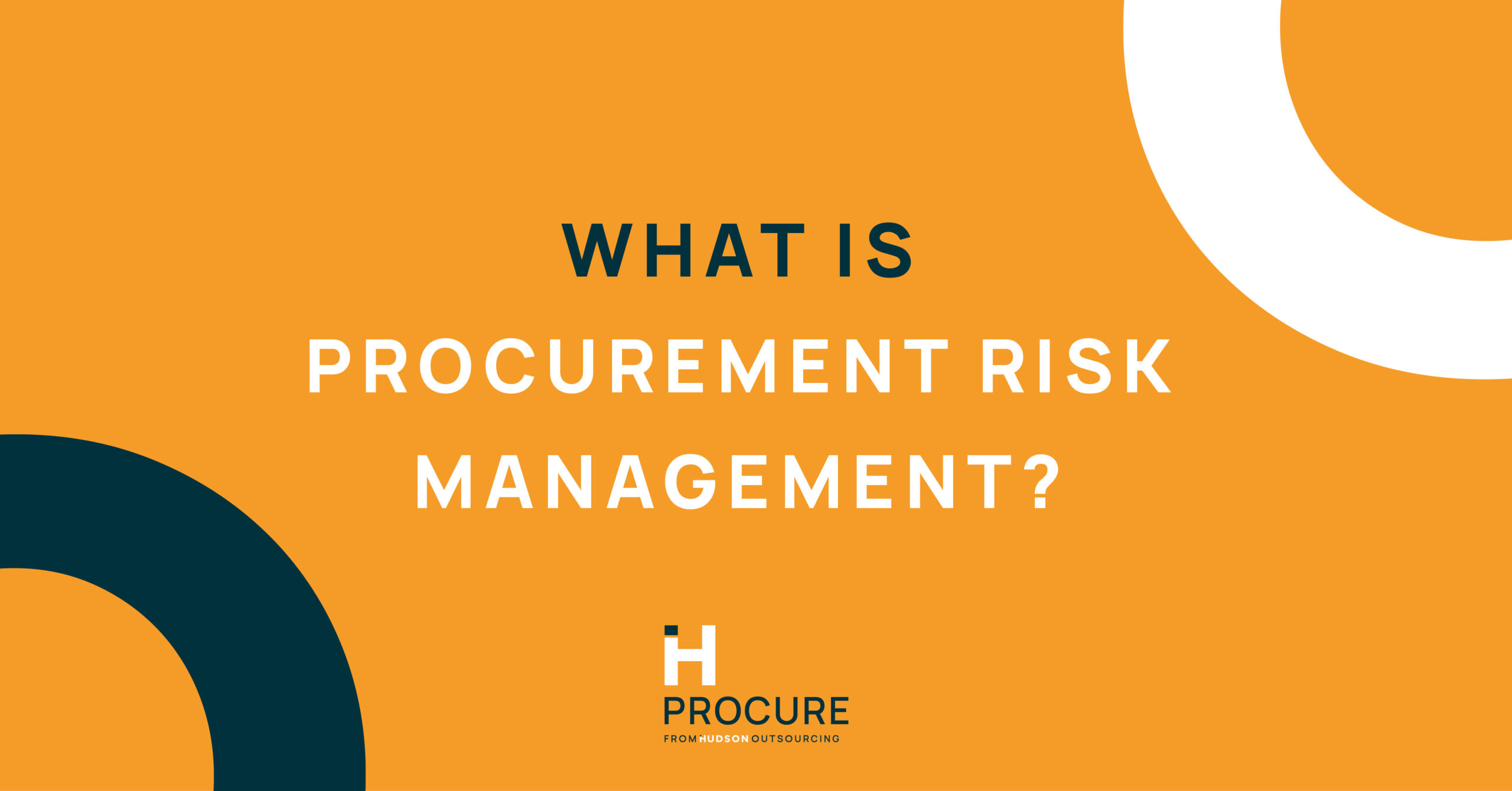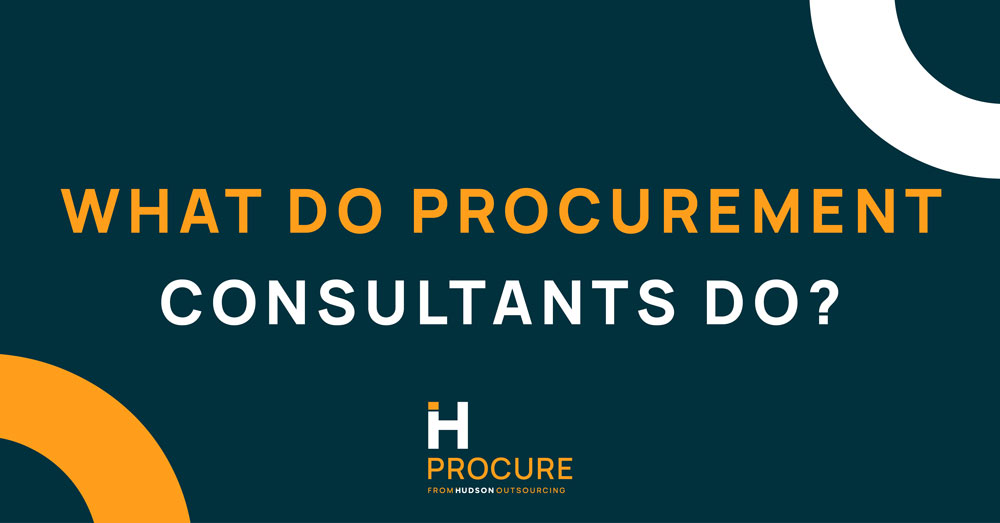A generation of new realities has hit the world, including virtual reality
Most of us experience the universal happiness that surrounds connecting with friends and loved ones through new tech. In the workplace, we understand that phone calls and face to face meetings go a long way in business. Technology is a wonderful tool that connects us, no matter where we are in the world.
At the moment, virtual reality is being used primarily in the gaming industry. Pop on a VR headset and you’re transported to another world.
Tech Talks
The tech world can’t stop talking about virtual reality and augmented reality, mostly due to the latest wearable tech products. These products are more accessible to us than ever. The top global tech companies like Apple, Samsung, Microsoft and Google have invested heavily in Virtual Reality. Due to this, we’re already seeing their products dominating the market.
Virtual Reality in the Business World
Virtual reality immerses you in a digital environment you interact with, creating a personal yet fictional experience. Its current primary use maybe gaming, but virtual reality shows significant potential for use in business.
For example, imagine you’re thinking about buying a new car. You want to weigh up all the options, check out the dashboard, the interior and so on. What if you didn’t have to go all the way to the dealership to take a look around? You could use AR (augmented reality) to view the car and all its components from the comfort of home.
Virtual reality can provide consumers with a ready-made experience of car shopping, furniture fitting and more. It’s this rapid innovation in virtual reality that will sincerely change the way business currently works across the globe.
In recent times, we’ve all seen news stories about the wave of automation, with tech replacing people in their jobs. We’ve seen countless news stories about smartphones and tablets having a terrible effect on our children’s education. Yet, it seems we constantly focus on the negatives. We often fail to make note of the potential for machines to help us rather than beat us.
Most people see video games as just a hobby, or as an excuse not to do the dishes. But for most, they are an escape from the real world. This statement is quite truthful and goes a long way in a different context. Some games allow us to learn skills that would be difficult in real life, or difficult to experience directly. In this sense, virtual reality has the potential to enhance our skills exponentially, especially in our work lives.
How can virtual reality help businesses?
1. Training
When most people start a new job, endless hours of health and safety videos (dependent on the role) are needed. Virtual reality would revolutionise this aspect of employment.
Businesses could tailor their training to something that staff members will visually experience. This fully immerses employees in a lifelike environment and gives them a practical, almost solid example of what to expect. For the kinaesthetic learners out there (people who learn by ‘doing) this would be perfect.
An advantage of this is the removal of disturbances to normal business hours.
Alongside this, a physical trainer isn’t needed, allowing training to continue quietly, not disturbing the office.
Another training exercise that can be fully taken under virtual reality’s wing is the improvement of public speaking skills. Virtual reality could run alongside PowerPoint. This essentially means that users can upload a presentation and learn presentation skills in a virtual environment. Due to the environment containing real people, the user can learn on the go, thus improving their public speaking skills.
2. Construction
The use of Virtual Reality in construction has huge benefits for many businesses. For example, virtual reality can enable architects to walk clients through designs and potential builds before they start construction work.
This stage supplies a vital opportunity for customer feedback, without the expense of travel. Virtual reality has also evolved the way architects show off their work to new clients. Turning paper plans into 3D models have never been so easy – you’ll see the likes of these on Grand Designs!
3. Retail
Virtual reality can now enable shoppers to explore new products in a very life-like manner. In 2016, Ikea launched its Virtual Reality Kitchen Experience in Australia, helping customers design and imagine their new kitchen. Virtual reality has given us a new view of the world, particularly in retail. The sky is the limit for ‘experiences’ when shopping.
With online shopping already one of the fastest-growing sectors, adding these new technologies will only boost the industry turnover. Adding more options for shoppers is always going to result in profit. Everyone likes to try something new, and if it’s easy, efficient, and saves time, sales will see a dramatic increase.
But not just retail giants will benefit from this.
These technological innovations mean that the customer experience is transforming, and we’ll witness a highly personalised shopping experience.
4. Visualising data
We’ve come a long way since producing graphs and pie charts. Virtual reality now makes it possible to display data that can be interacted with. There are now virtual platforms that merge artificial intelligence with virtual reality. This means users can view, analyse, and work collaboratively on their own data in their own virtual reality space.
Some businesses will employ trained individuals capable of understanding these techniques, and they’ll reap the rewards in efficiency. However, there are many businesses that will want to rely on their age-old processes that work for them. This is fine, but they may not see the benefits of the technology if they’re not willing to embrace it. Once this technology becomes mainstream, you may become disadvantaged by not embracing it.
5. Reduce your travel time and cost
Any technology that will reduce travel time and cost will revolutionise business. Having teams and offices distributed across the country and sometimes the world costs businesses time and money. But now, with advanced technologies such as virtual reality, the gap between people has reduced significantly. With virtual reality, you can schedule virtual meetings, reducing travel time and cost as a whole.
How can Hudson Procure help you?
Our team at Hudson Procure has nearly 20 years of experience, and we offer 4 services, alongside a software to help your business.
We provide project-based tender support and management in addition to offering any required procurement support on an ad-hoc basis. Our Procure Consult service includes mentoring, coaching and general advice. Ultimately, we have the capability and experience to support any operational or strategic procurement requirement.
Procure Health Check
Our Procure Health Check service is for companies that have some knowledge of procurement but need that bit of assistance. The service includes on-site interviews with stakeholders to understand current procurement processes, skills and understanding. Also included is a review of procurement systems, infrastructure and opportunities for development.
Procure Analyse
Our Procure Analyse service provides a high-level, vendor-led analysis of an organisation’s spending activity. This helps us to understand current purchasing behaviour and areas where procurement activity can be focused to deliver greater value. This service helps generate a structured, forward plan for procurement activity and improving purchasing operations.
Procure Outsourcing
Procure Outsourcing focuses on providing procurement solutions on an outsourced basis. This would mean that the procurement services can be tailored to your needs. This could mean:
- Supporting existing procurement resources as an extension of your team
- Multiple tender projects delivered as a package
- Full procurement function for an organisation
Procure Post
Are you trying to find a supplier for your project? Post your tendering opportunity onto any of our 11 sector-specific portals for FREE with Procure Post!
For more information or for a free consultation, please get in touch.
Check out our other blogs for further Procurement Insights:









